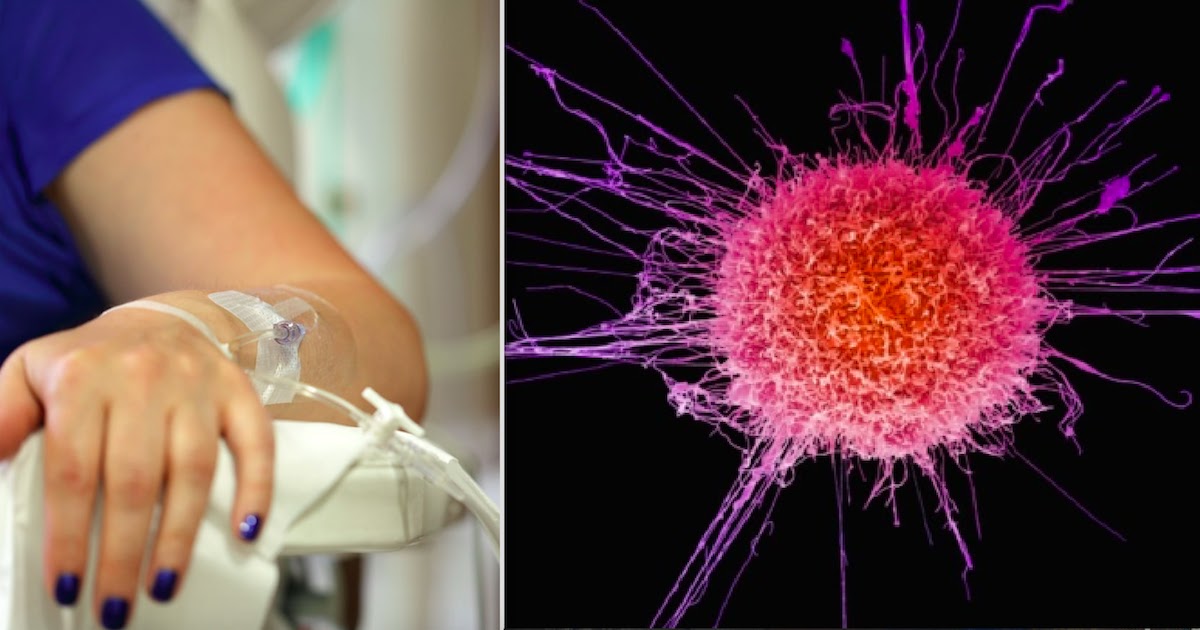
Scientists have discovered a new treatment for head and neck tumours that has destroyed the disease in some formerly terminally ill patients.
The new treatment, developed in the UK, uses immunotherapy drugs and other medications to destroy hard to reach tumours and could save the lives of many patients.
Immunotherapy is seen as a key new tool in defeating cancer and involves drugs being built specifically for an individual patient and which prompt the patient's own immune system to destroy the cancer cells. Among the drugs used are nivolumab and ipilimumab.
It is reported that some patients that were expected to die are still alive four years later in near full health.
As an extra bonus, scientists conducting the trial also noticed that patients receiving the new treatment had less side effects when compared to traditional anti-cancer chemotherapy treatments.
Barry Ambrose, 77, from Bury St Edmunds in England, spoke to The Guardian about his treatment. He had been expected to live just a few months but is still alive four years later after receiving the revolutionary new treatment. He said:
"When I was told about the trial … I didn't hesitate to join – what did I have to lose? It turned out to be a lifeline. Although I had to make biweekly trips from Suffolk to the hospital for the treatment, I had virtually no side-effects and was able to carry on as normal doing the things I love: sailing, cycling, and spending time with my family."
Adding:
"When the research nurses called to tell me that, after two months, the tumour in my throat had completely disappeared, it was an amazing moment. While there was still disease in my lungs at that point, the effect was staggering. The treatment I've received at the Royal Marsden has been second to none and I'm so fortunate they've continued to find treatment that works for me – they're the gift that keeps on giving."
Professor of biological cancer therapies at the ICR and head of the trial, Kevin Harrington, said:
"Despite the lack of statistical significance, these results are clinically meaningful. We will need to do longer follow-up to see whether we can demonstrate a survival benefit across all patients in the trial."
[h/t: The Guardian]













COMMENTS